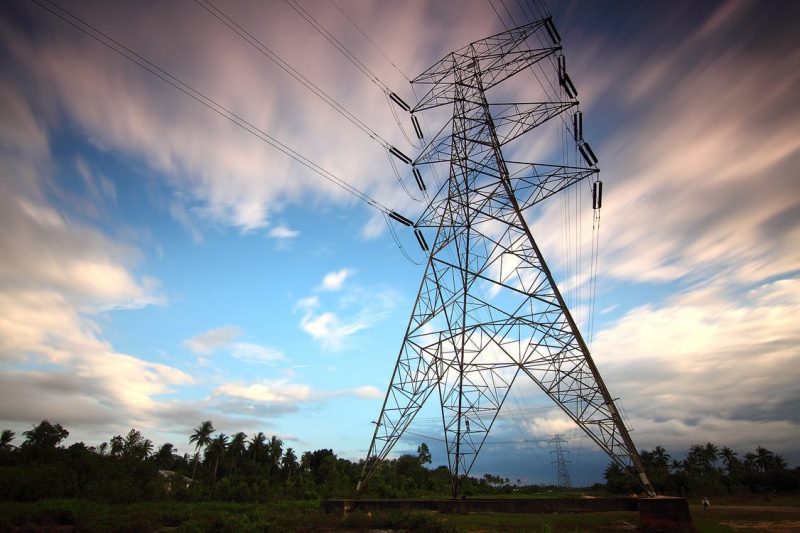Community
Average energy bill could drop $115 under National Grid summer rates

Colin A. Young
BOSTON – Bay Staters who get their electricity through National Grid’s basic service could see their monthly bill drop by more than $100 under a new rate that would take effect in May, but the cost of power will still be higher than last summer.
The utility filed its proposed summer supply rate with the Department of Public Utilities this week, proposing a shift from the winter rate of 33.89 cents per kilowatt hour to a rate of 14.12 cents/kWh for the six-month period from May through October. The company said a typical residential customer would see their bill drop from $297.22 to $181.83 if the rate is approved by DPU, a decrease of $115.39.
“We understand that high energy costs have been challenging for customers,” Helen Burt, National Grid’s chief customer officer, said. “We are pleased that these new summer rates will help bring down the overall cost of electricity starting in May. We also know our customers pay bills, not rates. So, as summer heats up and customers use more electricity to cool their homes, we are continuing our Customer Savings Initiative to help customers save energy, save money, and secure available energy assistance.”
While the proposed summer rates would lead to relief for customers who have been paying eye-popping electric bills this winter, National Grid’s summer 2023 rate will still be nearly 25 percent higher than its summer 2022 rate of 11.49 cents/kWh.
“A volatile energy market continues to contribute to a market price environment higher than we have experienced in recent years,” National Grid said.
Electric customers on basic service (those that don’t select a competitive supplier) see the cost of their electricity change twice a year.
Summer rates are generally lower than winter rates, but the changes apply only to customers on basic service, which is now fewer than half of all electric customers in Massachusetts. Eversource’s summer rate period begins in July.
The DPU earlier this year opened an investigation into the procurement and pricing of basic electric service across Massachusetts and proposed that utilities adopt the same six-month rate periods — February through July and August though January for residential customers — so that the two most expensive months (January and February) aren’t included in the same six-month rate period, an attempt to even out some of the ups and downs that show up in electric bills between summer and winter.






You must be logged in to post a comment Login